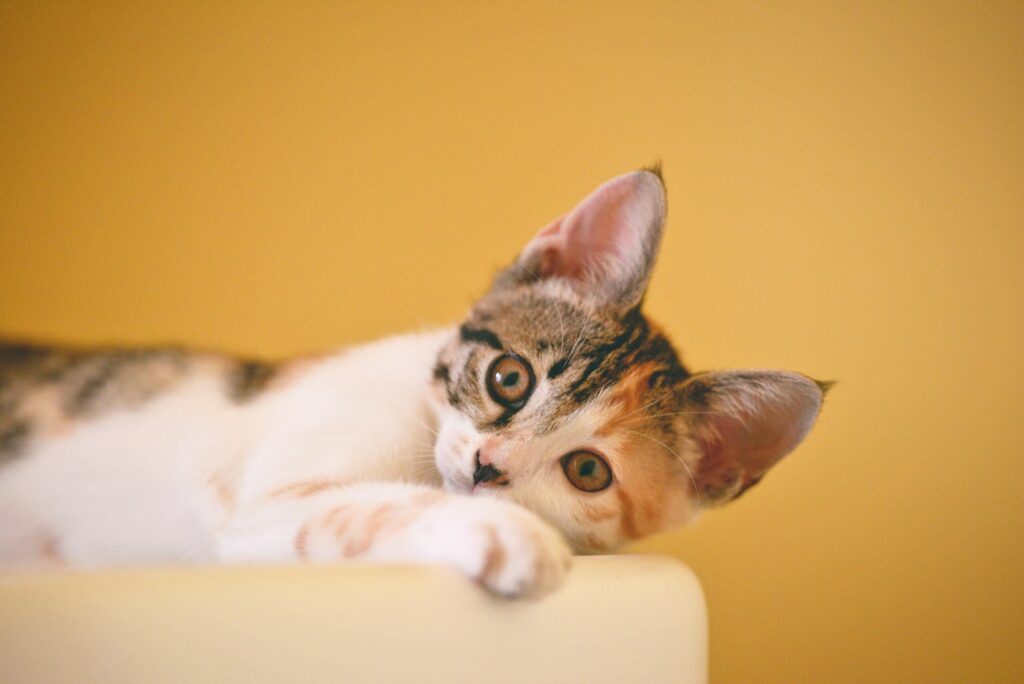Can Cats Eat Cashews? — No, They Can’t
Cashews are a delicious and nutritious snack for humans, but when it comes to our feline friends, it’s best to keep them away from these tasty nuts. While cats are known to be curious creatures who may try to sample various foods, cashews should not be on their menu. It’s important to understand why cashews are unsuitable for cats to ensure their well-being and avoid any potential health risks.
Is It Safe for Kittens to Consume Cashews?
Just like adult cats, it is not safe for kittens to consume cashews. While the occasional nibble is unlikely to cause severe harm, cashews offer no nutritional benefits for kittens and can even pose a choking hazard due to their size and hardness.
Risks Associated with Feeding Cashews to Kittens
If kittens consume cashews, they may face various risks, including choking, digestive issues, and potential obstructions in their gastrointestinal tract. As kittens are still developing, exposing them to such risks can have detrimental effects on their health and overall growth.
Why Cashews are Not Recommended for Cats
Texture and Digestive Concerns
Cats have sensitive digestive systems that are specifically designed for a carnivorous diet. Cashews, being rich in fats and fiber, can be challenging for cats to digest. The high fat content may lead to pancreatitis, a painful inflammation of the pancreas in cats. Additionally, the fibrous nature of cashews can cause gastrointestinal discomfort and may even lead to diarrhea or constipation.
Potential Allergic Reactions
Cashews belong to the tree nut family, and some cats may have allergies or sensitivities to nuts. Consuming cashews can trigger allergic reactions in cats, such as itching, swelling, skin irritations, or even respiratory issues. It’s crucial to remember that cats have different dietary requirements than humans, and what may be safe for us could be harmful to our furry friends.
Risk of Obesity
Cashews are high in calories and fat content, which can contribute to weight gain and obesity in cats if consumed regularly or in large quantities. Obesity in cats can lead to a host of other health issues, such as diabetes, heart problems, and joint pain. Therefore, it’s best to avoid feeding cashews to cats to maintain their optimal weight and overall well-being.
Known Health Issues in Cats from Consuming Cashews
While occasional ingestion of cashews may not cause immediate health issues, long-term indulgence can lead to obesity, pancreatitis, gastrointestinal upsets, and potential allergic reactions in cats. It’s always better to err on the side of caution and prioritize a cat’s specific dietary needs.
What to Do If a Cat Has Consumed Cashews?
- Monitor for symptoms: Keep a close eye on your cat for any signs of digestive distress, allergic reactions, or unusual behavior.
- Consult a veterinarian: If your cat exhibits any concerning symptoms after consuming cashews, it’s best to seek professional advice from a veterinarian.
- Stick to a balanced diet: Ensure your cat is provided with a nutritionally balanced diet specially formulated for their feline needs. This way, they can obtain all the necessary nutrients without putting their health at risk.
Safe Alternatives to Cashews for Cats
If you’re looking for alternative treats for your feline companion, there are many safe options that cats can enjoy. Some examples include cooked chicken, fish, or specialized cat treats available in pet stores. Always double-check to ensure that the food is cat-friendly and appropriate for their dietary requirements.
Conclusion
While cashews may be a delightful and healthy snack for humans, they are not suitable for cats due to various reasons. Cats have specific dietary needs, and offering the wrong food can lead to digestive issues, potential allergies, obesity, and long-term health problems. To keep your feline friend happy and healthy, it’s best to avoid giving them cashews and instead opt for treats that are specially formulated for cats.






